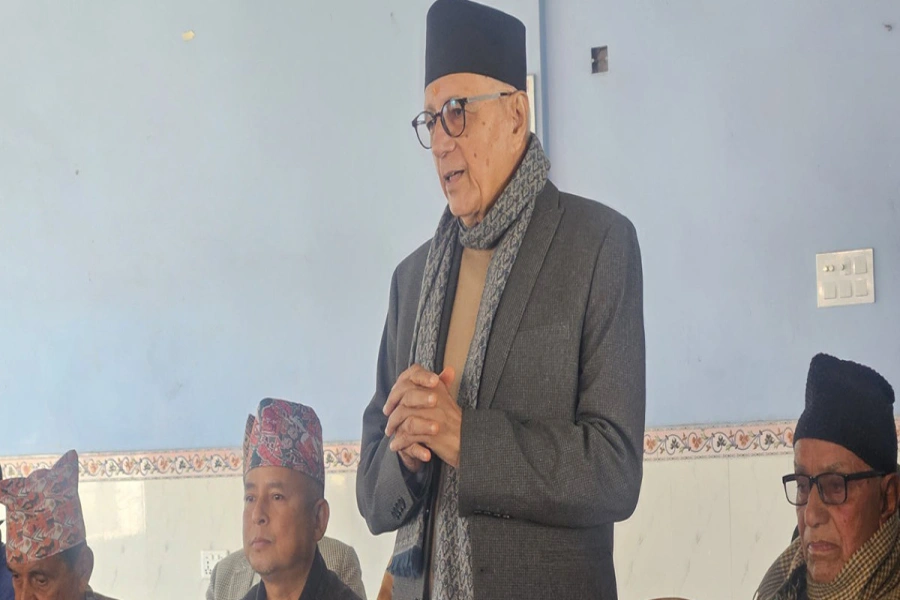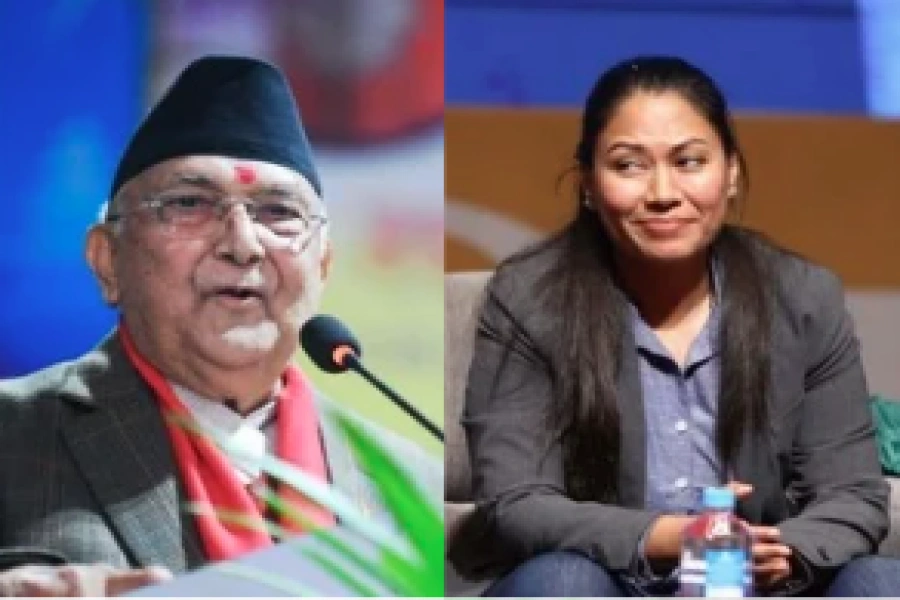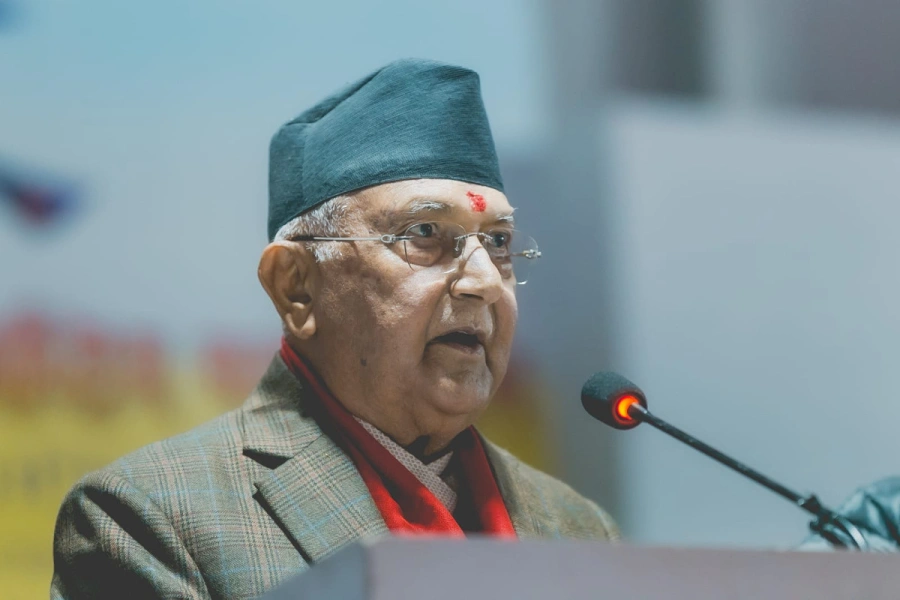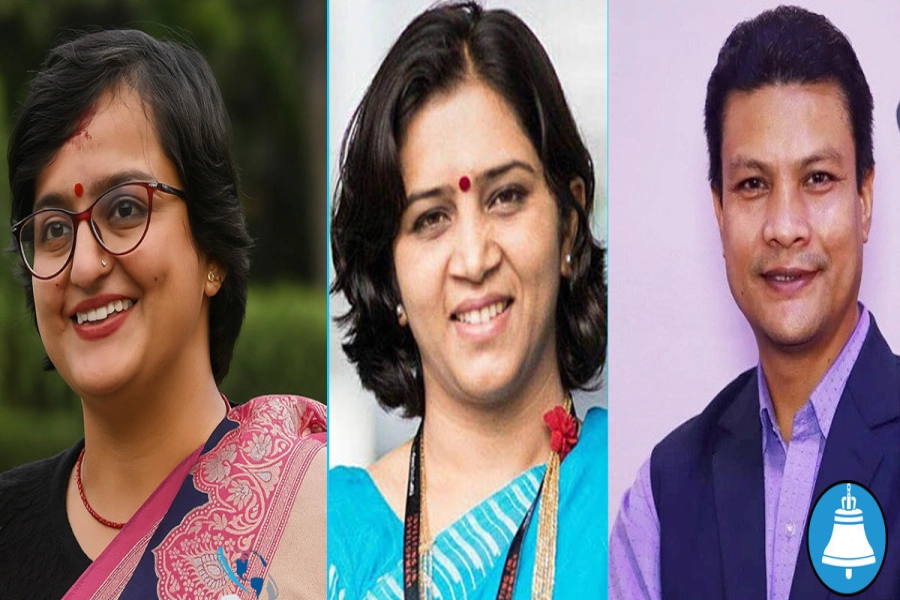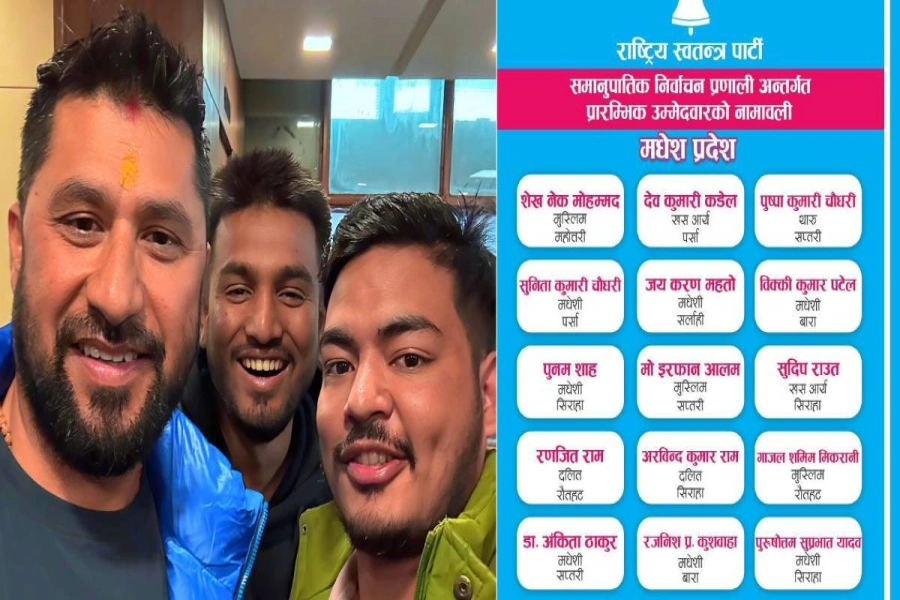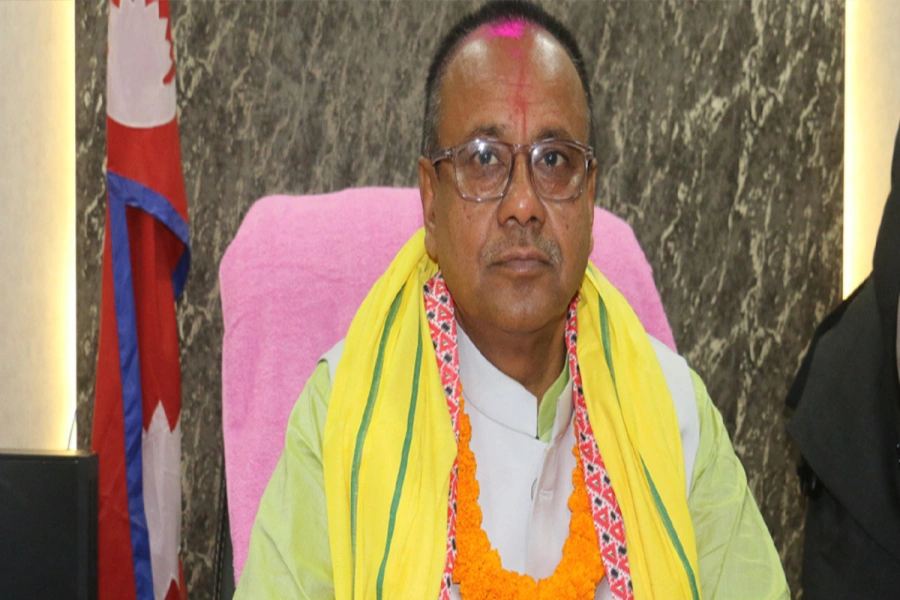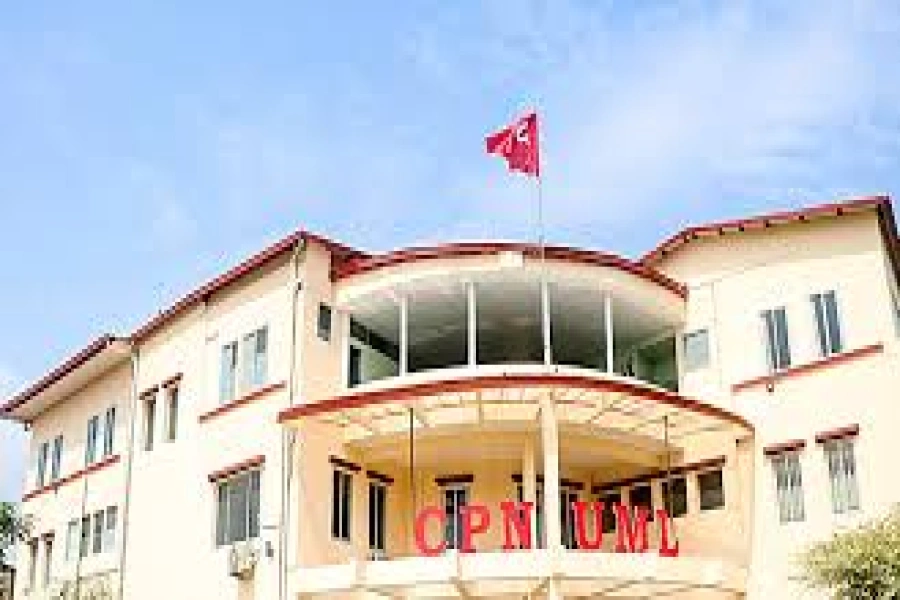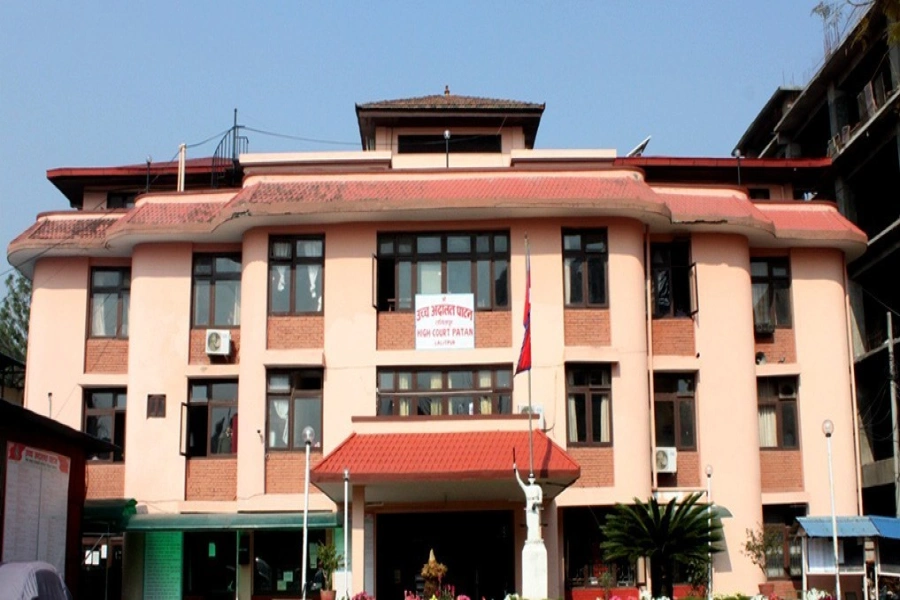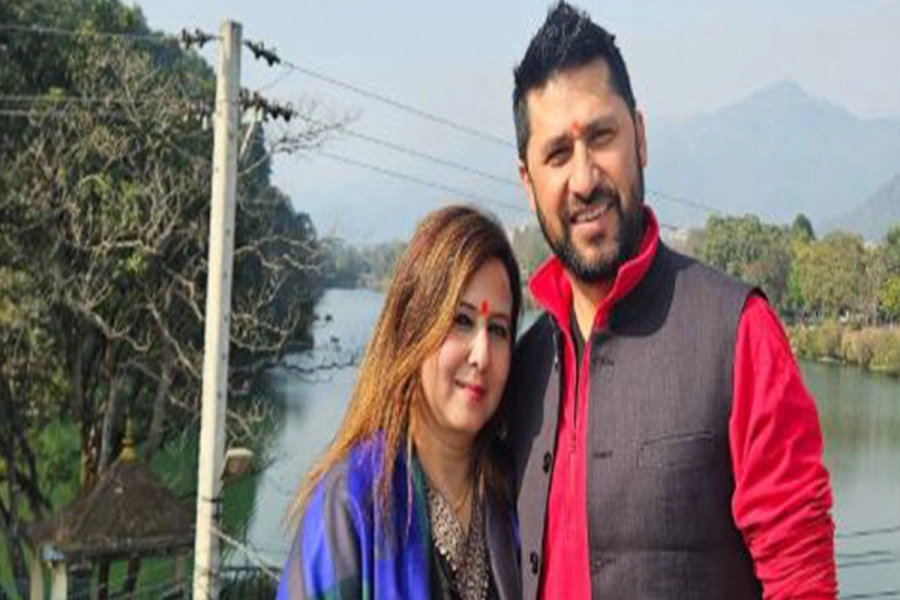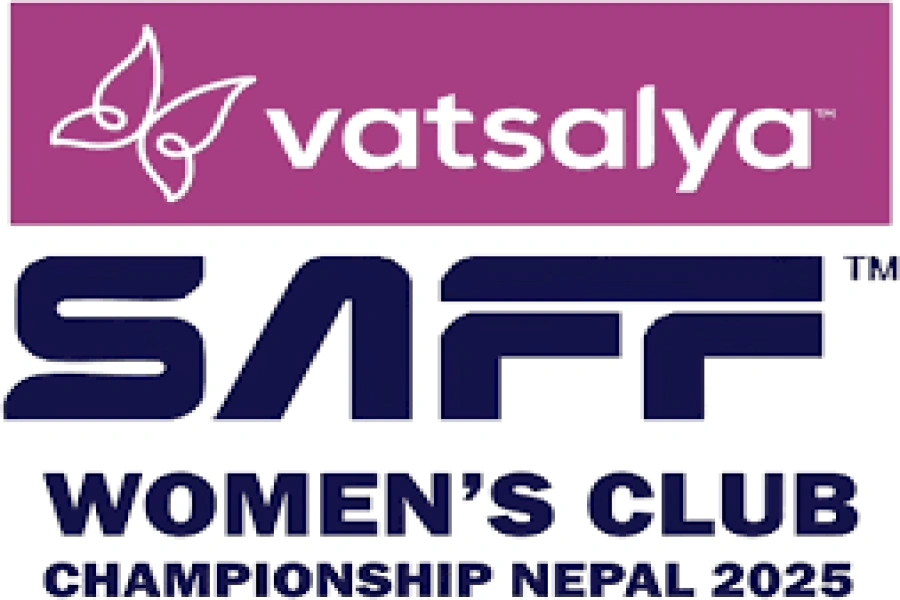Visual artist and art journalist, Devendra Thumkeli reminisce his childhood days indulged in making clay arts which later encouraged him to pursue career in contemporary arts. He holds a Master’s in Fine Arts from Tribhuvan University. For nearly two decades he has also been working as a journalist writing for ‘art’ column. Traversing in the field of modern art through painting and writing he has run numerous art exhibitions within a span of two decades in the field. A recipient of Lalitkala Patrakarita Puraskar (2015), he is currently engaged as an illustrator and cartoonist in different Nepali online media portals.
In interview with My City’s Sonam Lama, Thumkeli talked about his two-decade journey in contemporary art and journalism.
Drawing Room KTM: Creating a learning platform

How do you picture the scenario of art journalism in Nepal?
The concept of art journalism in Nepal is quite a new idea until now. So far, only some forms of arts are in practice. Arts demand much space in media but it is quite rare that the required space have been provided in media houses. Although some of them have started to prioritize reporting through hiring art reporters, there are numerous gaps and voids to be fulfilled. The concept of arts is mainstreamed as people consider it to please visual senses and seem to underrate its aesthetics and creative value. Moreover, in today’s context arts as a profession is more financially challenged than in any other ways.
What are the key factors that any art demands in artists?
Art has been diversely categorized in varied styles and forms. The color variation, motifs and significance varies from traditional to contemporary styles. However, the underlying factors are similar whatsoever be the forms of paintings. I believe observation is one of the key factors that help shape and sharpen your skills. Art holds subjective interpretations so it is more likely to fascinate a range of different art lovers but when it comes to making it, the observation of light, shadow, object and colors play a vital role in defining the works of artist.
As you are a working journalist and an artist, how do you compare and contrast these distinctive roles?
Each of them corroborates their respective works. Both of the works having its different ways and mediums to decipher meanings are well understood in the form of visual designs: be in letters or arts. However, art as a visual language comes prior to the syntactical meaning of letters and words. It is more of a device that unravels the direct meaning. It is therefore the illustrations and cartoons have a huge importance in media till date.
How do you think we can promote the traditional arts that are vulnerable to extinction?
Imparting art education plays an indispensable role to preserve nearly distinct arts. If the school curriculum could include syllabus on traditional art education, young generation could have a closer understanding of the culture and history through them. Moreover, traditional Mithila, Paubha and Thanka arts have deeply reflected our age-long culture and served as way of generating income to many artists. The art works carrying much lucrative value should include experienced expertise in the work in order to have its long-term sustenance.



